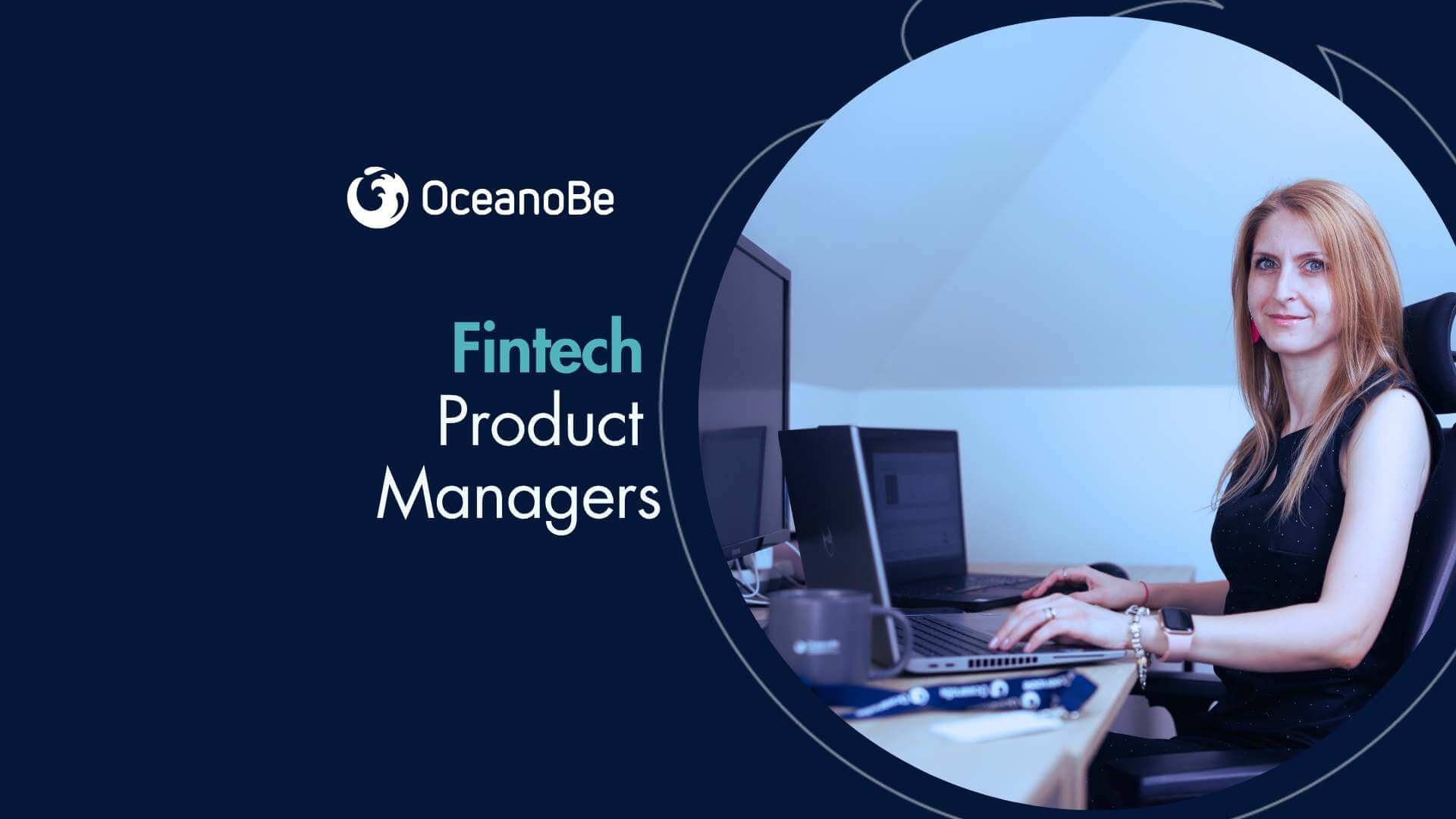Fintech Product Manager
The Role and the Industry Concepts
The Role and the Industry Concepts

A fintech product manager oversees the development, implementation, and management of financial technology products or services. This role involves working closely with cross-functional teams, including software engineers, designers, and marketers, to define product requirements, prioritize features, and drive the product roadmap.
Fintech product managers also collaborate with financial experts to ensure that their products meet industry standards and regulatory requirements while addressing the needs and preferences of users.
The strategic importance of this role lays on fundamental neccessities when it comes to fintech developments and implementations:
Effective stakeholder management is crucial in fintech product management. Stakeholders can include internal teams such as engineering, design, marketing, legal, compliance, and customer support, as well as external parties like customers, regulators, and partners. Product managers understand each stakeholder's perspective, gather feedback, and facilitate efficient communication across the organization. This collaboration ensures that the product aligns with business objectives, user needs, and regulatory standards.
Open banking is transforming the financial industry by allowing third-party developers to build applications and services around financial institutions. Through secure Application Programming Interfaces (APIs), banks can share customer data with authorized third parties, fostering innovation and competition. This approach enables the creation of personalized financial products and services, enhancing customer experience and engagement.
Product managers must understand the regulatory frameworks, such as PSD2 in Europe, that govern open banking to ensure compliance and leverage its full potential.
Digital wallets, also known as e-wallets, are electronic devices or online services that allow individuals to make electronic transactions. They store users' payment information securely and enable seamless transactions without the need for physical cards or cash. With the rise of mobile payments and contactless transactions, digital wallets have become integral to the modern financial ecosystem. Product managers should focus on user experience, security features, and integration capabilities when developing or managing digital wallet solutions.
Blockchain is a medium that records transactions across multiple computers securely and transparently. For fintech, blockchain represents the advantages of secure peer-to-peer transactions, less fraud possibilities, and enhanced efficiency of financial operations. Understanding blockchain's applications, such as smart contracts and decentralized finance (DeFi), is essential for product managers aiming to innovate in areas like cross-border payments, asset tokenization, and identity verification.
Banking as a Service (BaaS) allows non-bank businesses to offer financial services by integrating with banks' systems via APIs. This model enables companies to provide services like payments, lending, and account management without obtaining a banking license. For product managers, BaaS offers opportunities to expand product offerings and reach new markets by leveraging existing banking infrastructure.
Decentralized Finance (DeFi) refers to financial services built on blockchain technology that operate without traditional intermediaries. Most DeFi platforms offer services such as lending, borrowing, and trading through smart contracts. It’s in the means of a product manager to explore DeFi understand its potential to democratize finance, reduce costs, and increase accessibility. However, they must also be aware of the regulatory and security challenges associated with decentralized systems.
Staying connected to the fundamental fintech concepts, while keeping an eye for new technology is vital for product managers aiming to lead successful financial products in today's digital age. By understanding and leveraging technologies like open banking, digital wallets, blockchain, BaaS, and DeFi, product managers can drive innovation, enhance user experience, and maintain a competitive edge in the fintech industry.